For the first time in history, bird flu has been confirmed in the gentoo and king penguin colonies on the renowned wildlife haven, South Georgia. Dr Norman Ratcliffe, a seabird ecologist at the British Antarctic Survey, has anticipated the virus’s arrival from South America. This article explores the potential implications of this outbreak for the bird colonies of South Georgia.
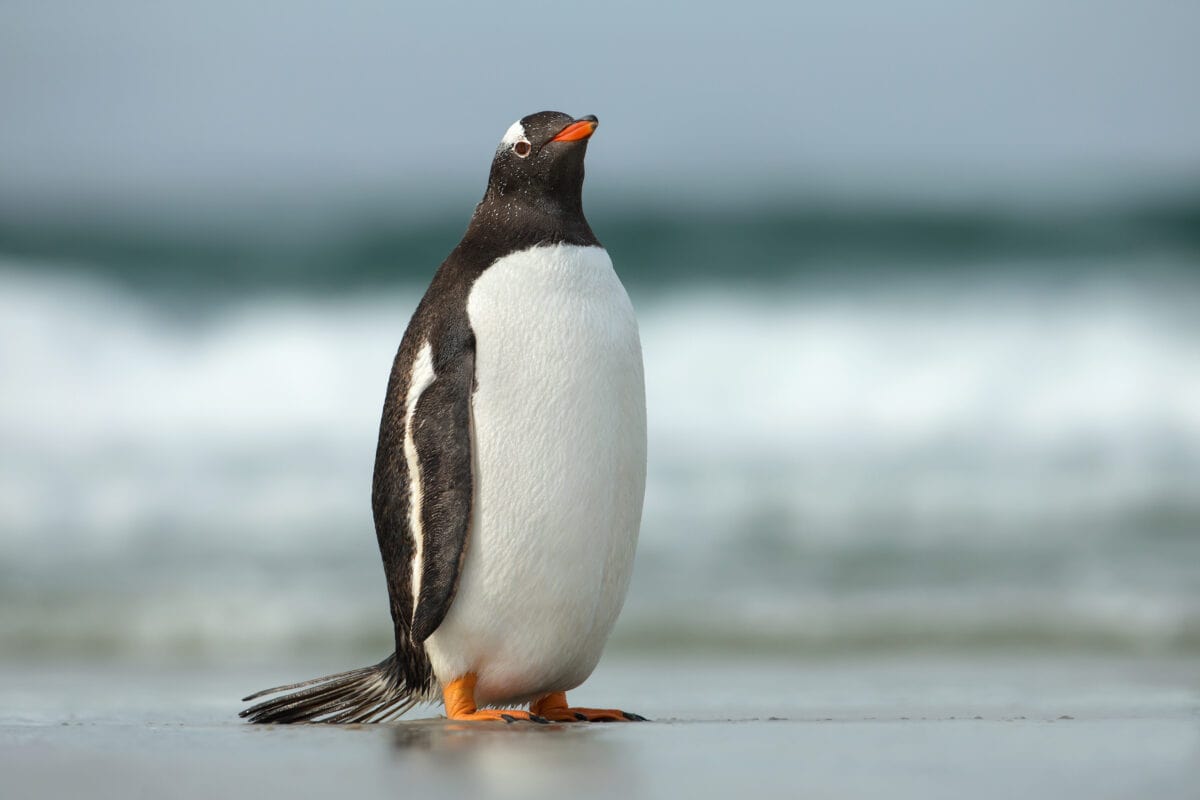
What is Bird flu?
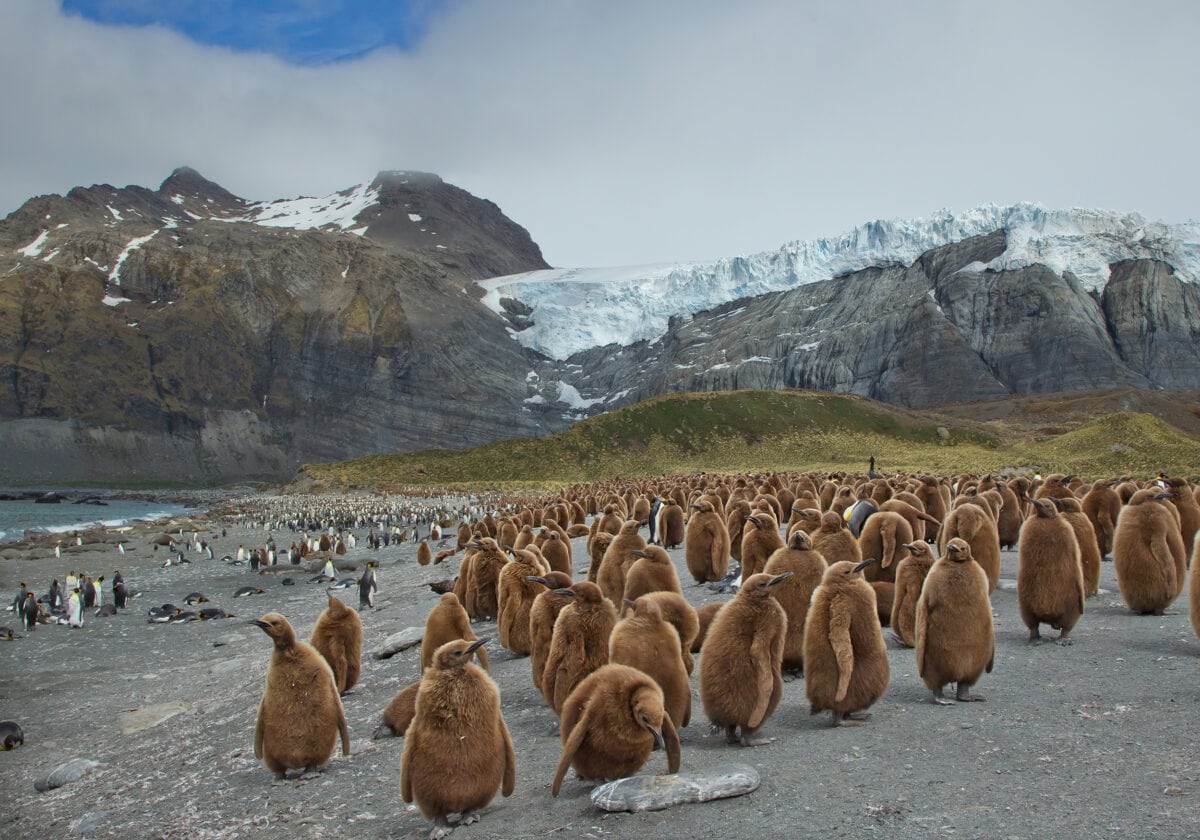
Bird flu is a virus that primarily infects birds but can infect other animals, including seals and humans. Two types of bird flu exist, each distinguished by the severity of the disease caused. Low pathogenic avian influenza (LPAI) typically results in little to no symptoms in the infected; however, highly pathogenic avian influenza (HPAI) can lead to severe disease and high bird mortality rates. There have been two minor outbreaks of HPAI within penguin colonies in South Georgia.
The Spread of the Disease
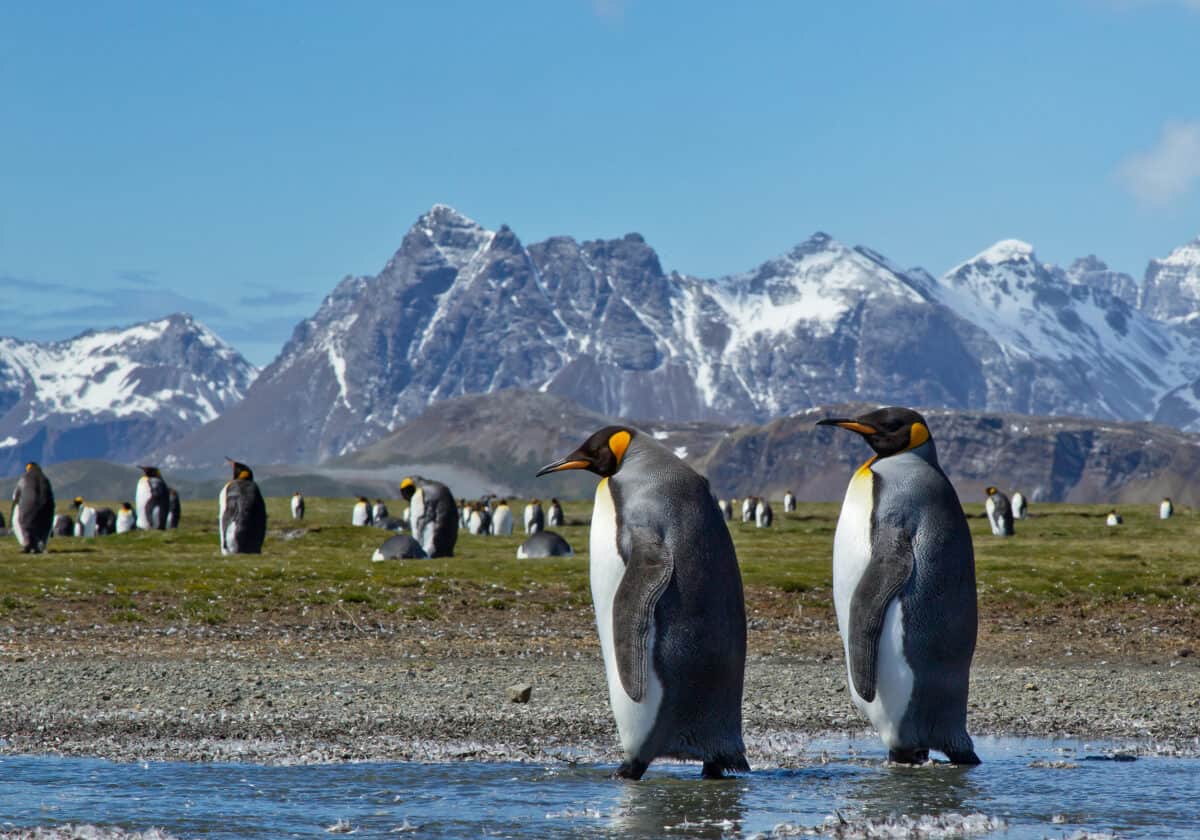
The virus can spread rapidly within the secretions and excretions of infected birds. Contact with contaminated surfaces and equipment also spreads the virus. Fortunately, the virus in South Georgia has been restricted to several species and sites, likely due to the geographical nature of South Georgia.
The Role of Migratory Birds
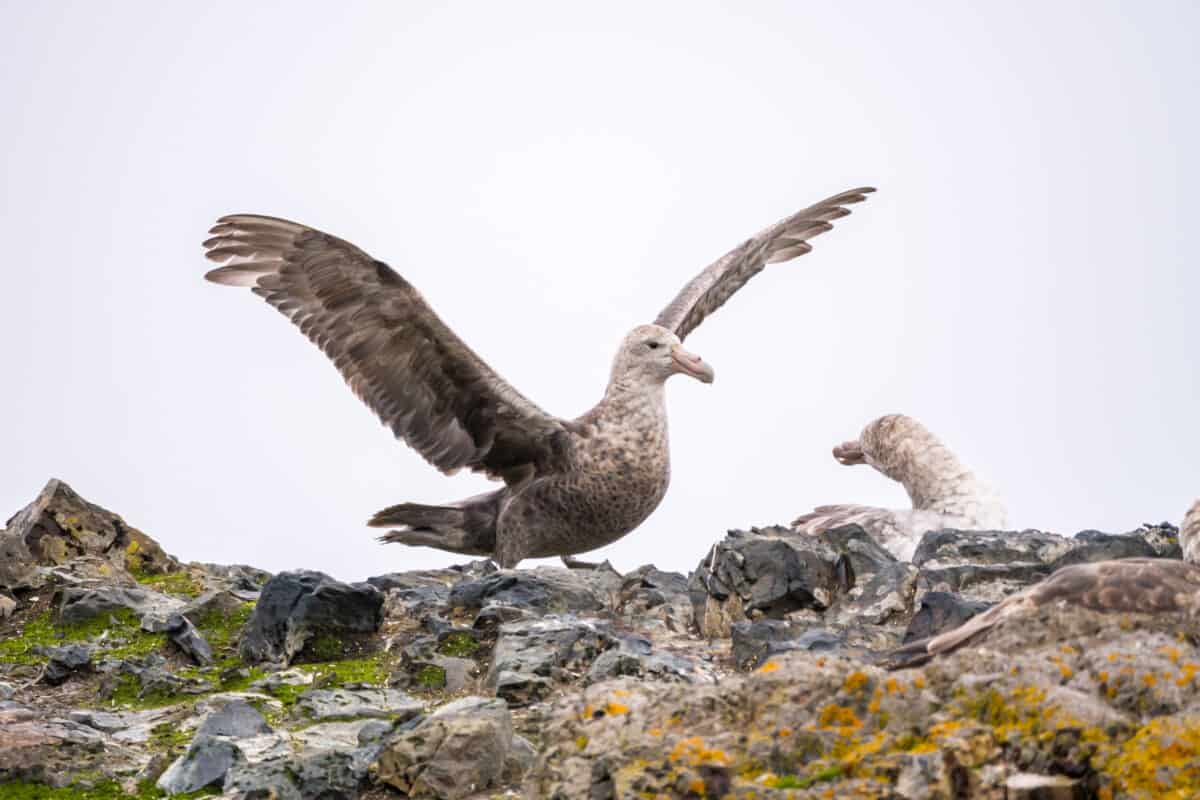
In the YouTube video published by the British Antarctic Survey, Dr. Ratcliffe explains the role of migratory play in spreading viruses to isolated islands like South Georgia. The giant petrel and brown skua are the probable vectors that introduced bird flu to the island. These birds spend part of the year in South America before migrating back to South Georgia. They are scavengers and interact closely with the other animals on the island.
Impact on South Georgia’s Wildlife
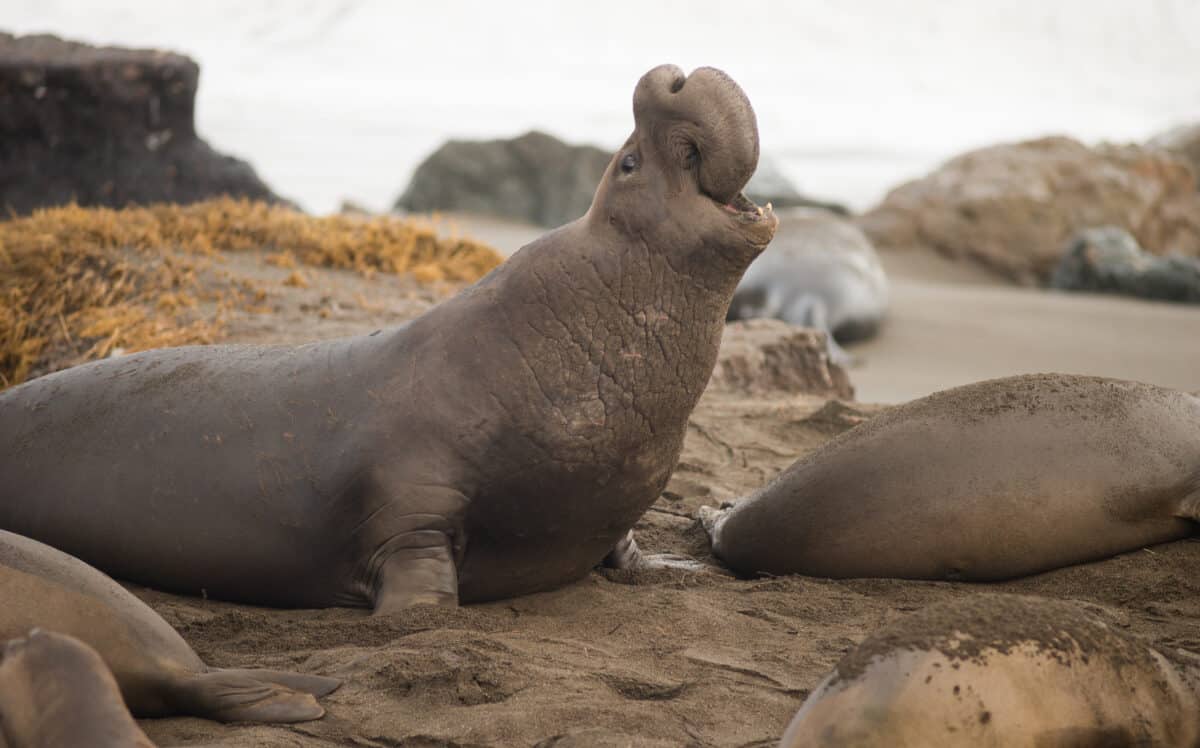
The first known cases of bird flu were detected among the brown skuas on Bird Island, just off South Georgia. Subsequently, a dramatic increase in mortality was observed among elephant seals. As the virus spread, scientists found an increase in deaths among populations of elephant seals, fur seals, kelp gulls, and brown skuas. An estimated 100 animals have died from bird flu on the island.
Global Conservation Concerns
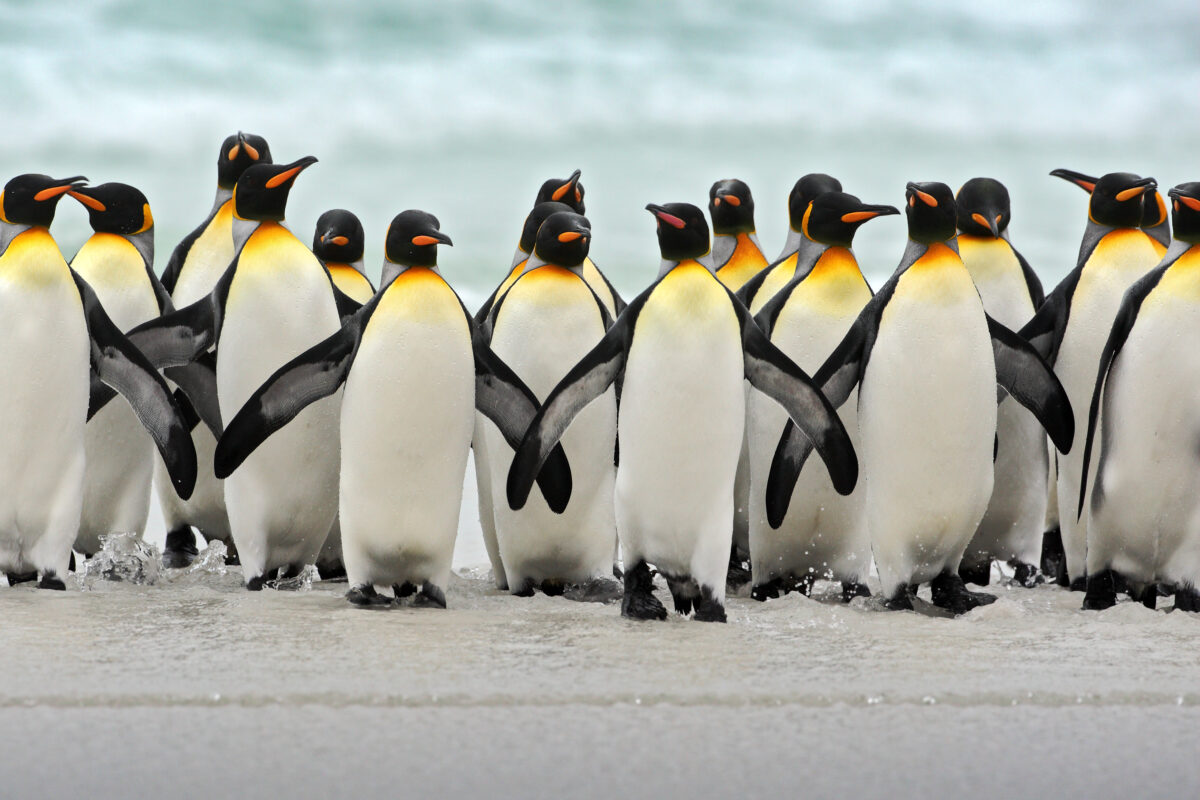
The spread of bird flu to remote regions like South Georgia Island poses a significant risk to endangered species. Many of these species are already threatened by climate change, habitat loss, and human activity.
The Resilience of Penguin Populations in South Georgia
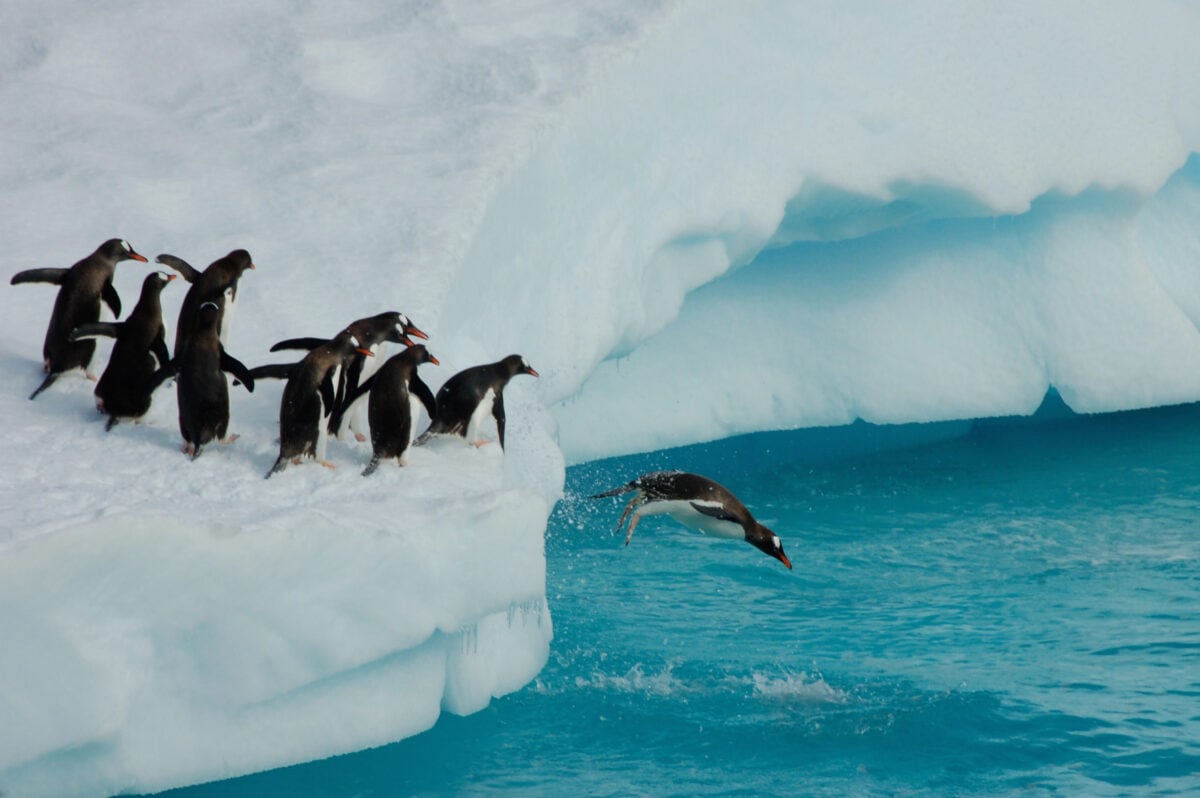
Dr. Ratcliffe expresses his concern about the bird flu. However, he also emphasizes the resilience of Penguins. Penguins have evolved to withstand some of the harshest environments on Earth; they are remarkably resilient.
Additionally, South Georgia Island’s interesting geography seems to have isolated the virus to only a few colonies.
Other Human-induced Factors Affecting The Penguins
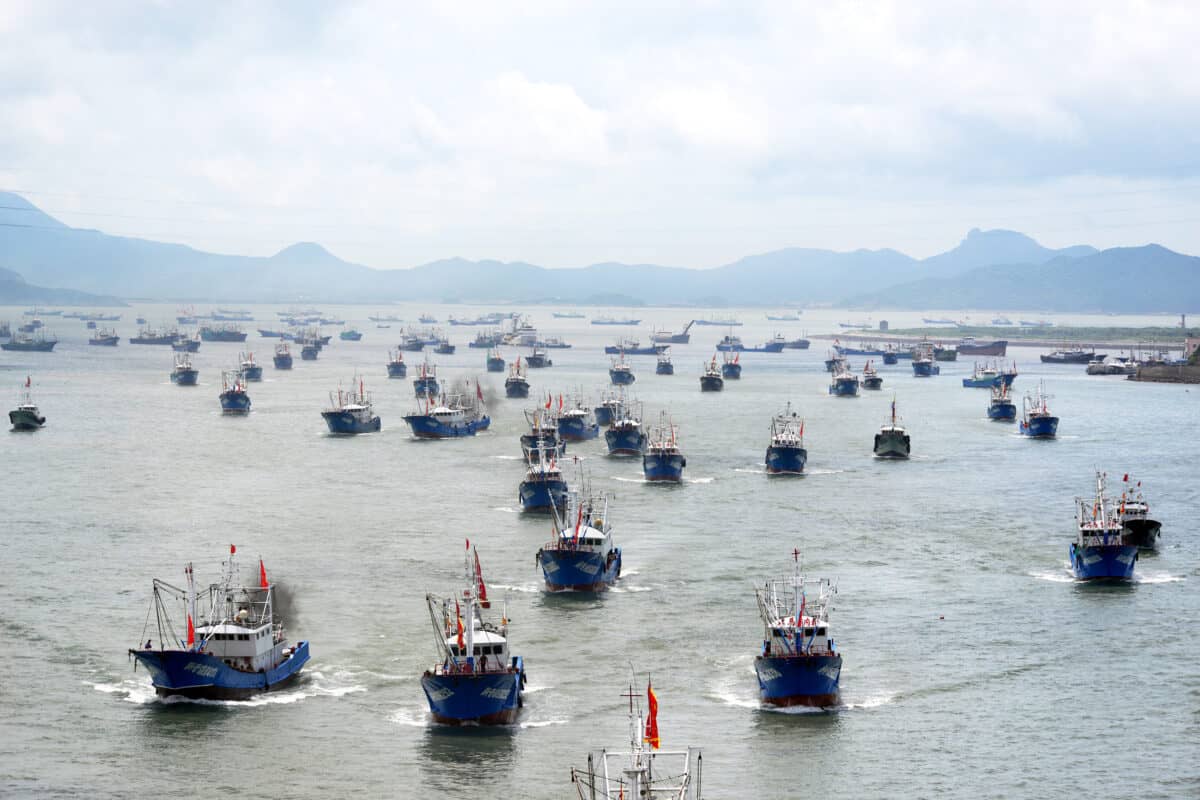
Human activities likely have a more concerning impact on penguin populations. Climate change, driven by greenhouse gas emissions, impacts food availability and their habitat. Overfishing has led to the depletion of key fish stocks in many parts of the world. Plastic waste and oil spills also greatly affect penguins. Although the spread of bird flu is concerning, we must not negate the influence human activities have on these populations.
Bird Flue Preventative Measures

Don’t worry; scientists are not putting masks on birds to help stop the spread of bird flu. Early detection helps prevent the spread of avian flu. This involves testing dead birds and monitoring migratory patterns. Global efforts to reduce the contact between wild birds and poultry also help prevent the spread of avian flu.
You might also enjoy:
- Rare Yellow King Penguin Spotted in Antarctica
- Lost King Penguin Found on Australian Beach
- Baby Blue Penguin Rescued at Wellington Airport
Join our Forum for free today!

- The Bond Between a Wild Baby Bison and Her Rescuer - July 20, 2024
- An Excited Husky’s First Ever Time in Snow - July 20, 2024
- Top 20 Colorful Species To Brighten Your Day - July 14, 2024

